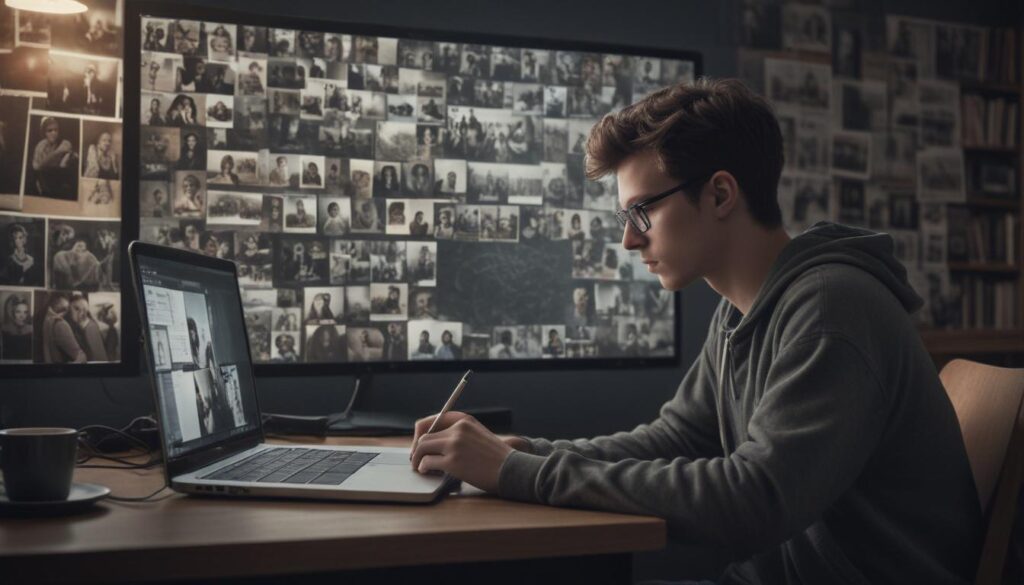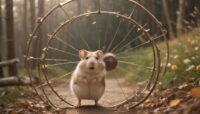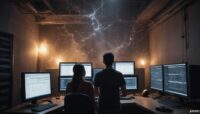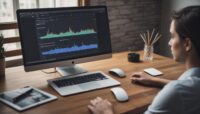Now Reading: Cut Through the Noise Learn Better
- 01
Cut Through the Noise Learn Better
Cut Through the Noise Learn Better

Navigating the Noise How to Master Education in the Age of Information Overload
Does this sound familiar? You sit down to write a research paper, opening a single tab for a scholarly article. An hour later, you have twenty tabs open, your phone is buzzing with notifications, and you’re watching a video only vaguely related to your original topic. You feel busy, but you haven’t made any real progress. You’re not alone. This is the daily battle of learning in the age of information overload.
The constant stream of data, notifications, and media makes it nearly impossible to focus deeply. But the solution isn’t to disconnect entirely. The solution is to learn new rules for a new game. It’s time to shift from being a passive consumer of information to an active, critical thinker who can navigate the digital noise and find the knowledge within. This guide will show you how.
The Double Edged Sword of Digital Information
Never before in human history have we had such incredible access to information. With a few clicks, we can access university lectures, ancient texts, and scientific studies from around the globe. This is the incredible promise of the information age for education. It opens doors to self-directed learning and perspectives we never would have encountered otherwise.
However, this incredible access comes with a significant downside. The sheer volume is overwhelming. For every well-researched article, there are a dozen pieces of misinformation or shallow content designed only for clicks. Our brains, which are wired for novelty, are easily pulled away from difficult, focused work by the allure of social media updates and endless entertainment. This leads to superficial learning, where we skim many topics but master none.
Shifting from Information Consumers to Critical Curators
To succeed today, the most important skill is not memorization but curation. It’s the ability to find the signal in the noise, to evaluate sources critically, and to focus your attention on what truly matters. This requires a conscious effort and a new set of learning habits.
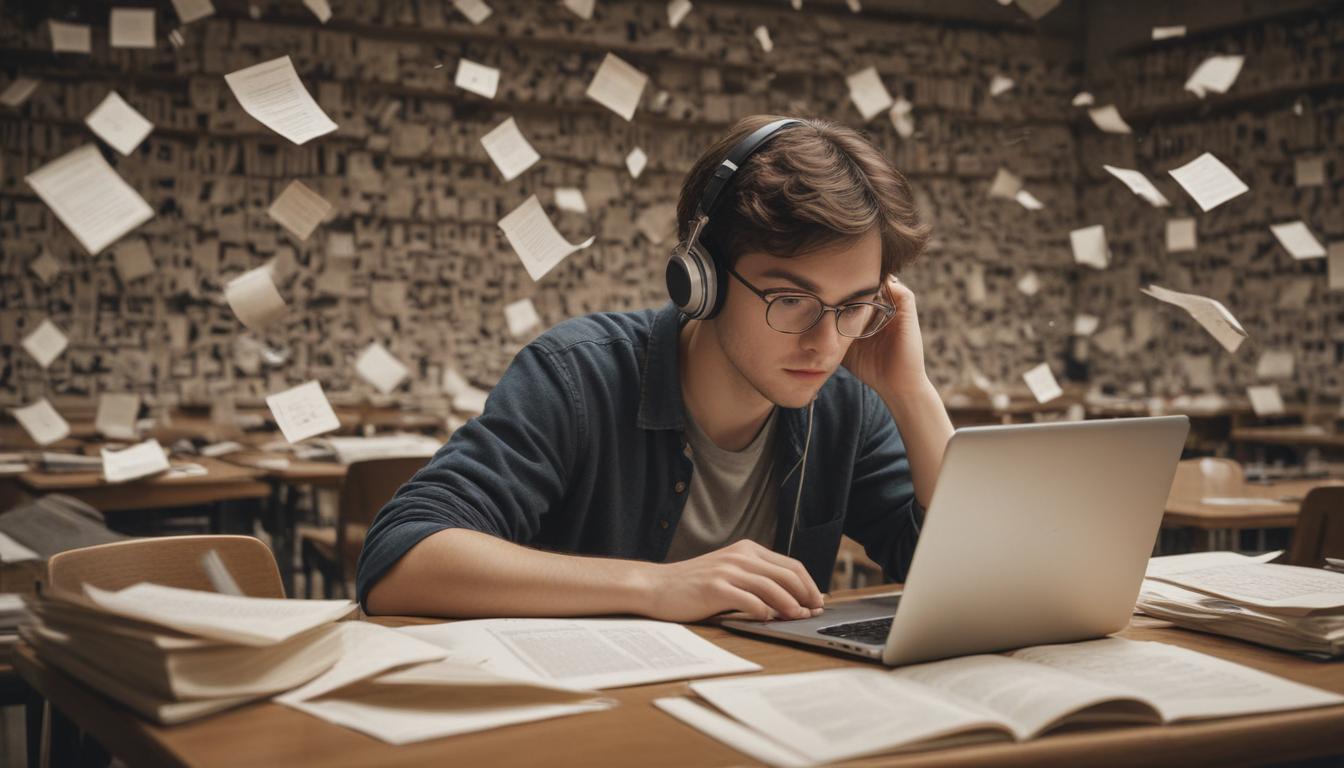
Developing Digital Literacy Skills
Digital literacy is more than just knowing how to use a computer. It’s about learning to critically evaluate the information you find online. Before you trust a source, ask yourself a few key questions. Who created this content? What is their motivation? Can I verify this information with other reputable sources? Learning to spot bias, check facts, and understand the purpose behind a piece of content is a superpower in the digital age. It transforms you from a victim of misinformation into a discerning scholar.
The Power of Deep Work and Focused Learning
Deep work is the ability to focus without distraction on a cognitively demanding task. It’s in this state of deep concentration that you learn complex subjects and produce your best work. In a world that constantly encourages shallow, distracted multitasking, cultivating the ability to do deep work is essential.
Embrace Time Blocking Techniques
Instead of studying whenever you feel like it, schedule specific blocks of time for focused learning. A popular method is the Pomodoro Technique. Set a timer for 25 minutes and commit to working on a single task without any interruptions. No checking your phone, no opening new tabs. When the timer goes off, take a 5-minute break. After four sessions, take a longer break. This method trains your brain to focus for sustained periods.
Create a Distraction Free Learning Environment
Your environment plays a huge role in your ability to focus. You can’t win a battle against distraction if you are surrounded by it. Turn off all non-essential notifications on your phone and computer. Use website blocking apps during your study sessions to prevent yourself from mindlessly drifting to social media. Whenever possible, dedicate a specific physical space solely for learning. When you enter that space, your brain will know it’s time to focus.
Redefining the Role of the Educator
This new educational landscape doesn’t just demand new skills from students; it redefines the role of the teacher. The educator is no longer the primary source of information. Instead, they are the expert guide, the facilitator who helps students build the skills they need to learn for themselves.
Guiding Students Through the Maze
The most effective educators today teach students how to learn. They design projects that require students to sift through information, evaluate sources, and create something new. They move the focus away from rote memorization and towards problem-solving, critical thinking, and creativity. They ask questions that push students to think deeply rather than just provide answers.
Modeling Healthy Digital Habits
Teachers have a powerful opportunity to model good digital citizenship. By demonstrating focused work, citing sources properly, and openly discussing the challenges of misinformation in the classroom, they can equip students with the mindset and habits needed to thrive.
Your Toolkit for a Focused Future
Conquering information overload is not a one-time fix but an ongoing practice. The key is to be intentional about how you consume information and manage your attention. By developing your critical thinking, practicing deep work, and creating a focused environment, you take back control.
Information overload is only a problem if you let it be. Armed with the right strategies, you can turn the vast ocean of digital information from a source of stress into your greatest asset for lifelong learning and growth.
























